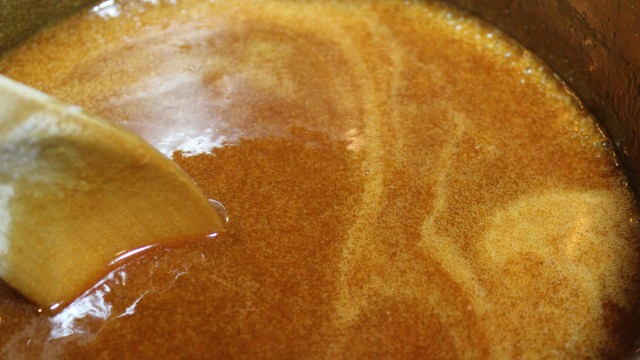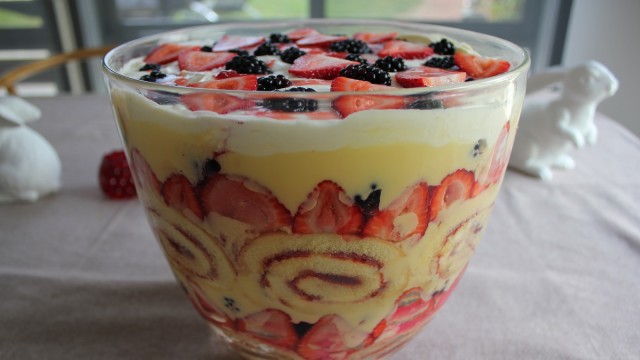We had a cooking mis-hap… Okay, I had a cooking mis-hap. A spectacular one that only I witnessed but is truly believable of my antics in the kitchen. And now we are eating our way through the consequences. Oh the delicious consequences.
Let me explain.
We hosted Christmas dinner just passed. A wonderful lunch for ten people with a week worth of free time to prepare. We took great care in our planning, counted our potatoes, communicated on who was bringing what, gradually opened the cheeses, followed all our tips from our Christmas tips post and ended up with enough leftovers of entree and main to feed the two of us for two days. #wastejarwinning But the sweets has been an issue, a definite Christmas calorie issue. This is mostly due to my mis-hap in the kitchen and the resulting 4 litres of caramel.
These were meant to be little wrapped up caramels for everyone to take home. The recipe said to put a litre of cream, a kilo of sugar, a stack of egg yolks and a block of butter into the large pot. The measurements of the ingredients were much more specific than this but the description of the pot was not and when everything fit into the pot I chose, I thought I was doing well. Turn on the heat and put in the thermometer and it begins to rise, and rise, and overflow. I grab a jug and scoop some out into a bowl. It still grows. I scoop some more. This won’t work. I grab a bigger pot and pour the boiling caramel mixture in. Gently, gently, no burns. I pour the scooped caramel in too. We’re all in. Literally. But in all the fuss the thermometer is covered in caramel. I can’t see the temperature. I don’t want to try to clean it from fear of cracking it. I battle on, scraping caramel down the slide of the thermometer, squinting to see the measure. Eventually I take a punt and pour the mixture into the tin.
If you didn’t know, as I didn’t, getting the temperature to the prescribed height is critical to how the mixture will set. Turns out I got it to sauce level. Not quite chewy toffee level.
And so we have a bucket of caramel sauce.
In retrospect, I should have put it it no jars and given them away to our family on Christmas Day. We’ve had guests over since and forced them into dessert. We might do that again yet. But I think this will end up in some form of ice-cream, and a slice, and maybe some cookies, and then we might freeze the rest.
It’s a lot of caramel. A sweet lesson on an otherwise successfully waste-less Christmas.

